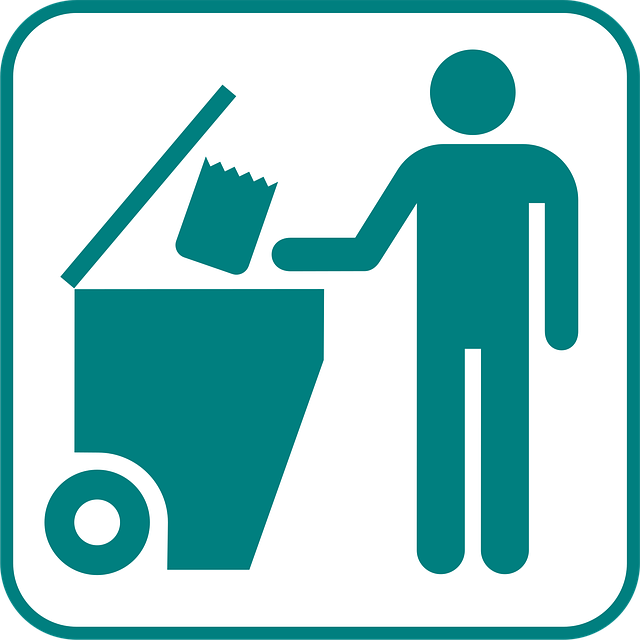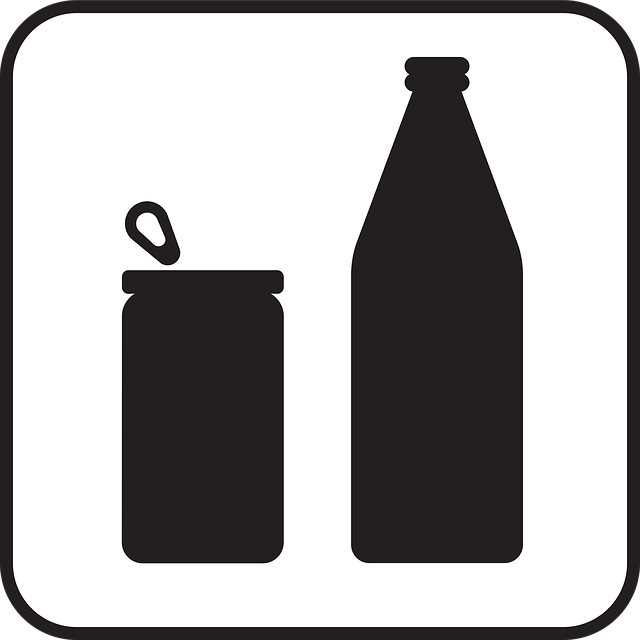Boston prioritizes commercial e-waste recycling, enhancing data security and environmental sustainability through convenient drop-off locations. Effective participation by businesses mitigates cyber risks, aligns with Massachusetts' sustainability goals, and prevents resources from landfills, setting an example for other urban centers. Choosing reliable Boston commercial e-waste recycling services is essential for organizations prioritizing both sustainability and robust data governance practices.
Data protection is no longer just about securing servers and software. With the exponential growth of electronic waste, especially in urban centers like Boston, recycling emerges as a powerful tool for enhancing data security. This article explores how commercial e-waste recycling in Boston plays a pivotal role in safeguarding sensitive information. We delve into its impact on data security, discuss sustainable solutions, and highlight initiatives that boost data privacy through responsible e-waste management practices.
- Commercial E-Waste Recycling: Boston's Role
- The Impact of Recycling on Data Security
- Sustainable Solutions for Data Protection
- Boosting Data Privacy Through Recycling Initiatives
Commercial E-Waste Recycling: Boston's Role

Boston has established itself as a leader in commercial e-waste recycling, playing a vital role in protecting sensitive data from old electronics. The city’s robust infrastructure for commercial recycling drop-off locations makes it convenient for businesses to responsibly dispose of their electronic waste. This is especially crucial given that e-waste often contains personal and corporate data, which can be easily recovered if not handled properly. By participating in Boston’s old electronics collection programs, companies can ensure their data remains secure even after discarding outdated equipment.
The availability of various e-waste drop-off points near me has made the process more accessible. These programs not only contribute to environmental sustainability but also safeguard critical information from falling into the wrong hands. Through such initiatives, Boston continues to set an example for other urban centers, emphasizing the importance of commercial e-waste recycling in today’s digital age.
The Impact of Recycling on Data Security

The process of commercial e-waste recycling in Boston plays a pivotal role in enhancing data security for businesses and individuals alike. As electronic devices contain vast amounts of sensitive data, proper disposal methods are essential to protect this information from falling into the wrong hands. When organizations choose reputable recycling centers for business equipment near Boston, they contribute to a sustainable practice that goes beyond environmental benefits; it safeguards critical data by ensuring devices are thoroughly sanitized before being recycled or repurposed.
By participating in local recycling initiatives, such as recycling smartphones and tablets in Boston, businesses can actively mitigate the risk of data breaches associated with e-waste. Disposing of electronic scraps through these centers ensures that hard drives, memory cards, and other storage media are securely destroyed, leaving no trace of usable data. This practice is particularly crucial given the growing sophistication of cyber threats, underscoring the importance of integrating responsible e-waste management into any comprehensive data protection strategy.
Sustainable Solutions for Data Protection

In today’s digital age, where data is a valuable asset, ensuring its protection through sustainable practices has become paramount. One effective solution lies in the realm of commercial e-waste recycling Boston. As technology advances, so does the volume of electronic waste (e-scrap) generated by businesses and individuals alike. This presents both a challenge and an opportunity to implement eco-friendly data protection strategies. By partnering with local Boston e-scrap recyclers, organizations can play a pivotal role in mitigating environmental impact while ensuring secure data disposal.
The process involves meticulously recycling IT equipment, from computers and servers to networking gear, in a specialized hub dedicated to handling electronic waste responsibly. This approach not only reduces the risk of data breaches through improper disposal but also contributes to a greener economy. By choosing reliable commercial e-waste recycling services in Boston, businesses can actively participate in the circular economy while ensuring their data remains protected and secure, making it an essential step for organizations committed to both sustainability and robust data governance.
Boosting Data Privacy Through Recycling Initiatives

In the realm of data protection, commercial e-waste recycling in Boston plays a pivotal role in enhancing privacy measures for businesses and their clients. By implementing robust e-scrap management for businesses Boston, organizations can ensure that sensitive data stored on electronic devices is securely discarded or recycled. This initiative aligns with broader commercial recycling programs Massachusetts, contributing to the state’s sustainability goals while fortifying data security.
Recycling centers open late Boston offer convenient options for companies looking to dispose of obsolete technology responsibly. Through these channels, businesses can participate in effective e-waste recycling processes, preventing valuable resources from ending up in landfills and safeguarding critical information stored within their digital remnants. Such practices not only mitigate environmental impact but also serve as a testament to the commitment of organizations toward data privacy and security.
Boston’s leadership in commercial e-waste recycling plays a vital role in enhancing data security and privacy. By effectively managing end-of-life electronics, the city contributes to a sustainable future while safeguarding sensitive information. Through innovative recycling initiatives, we can ensure that data protection goes hand in hand with environmental stewardship, creating a safer and greener digital world.














